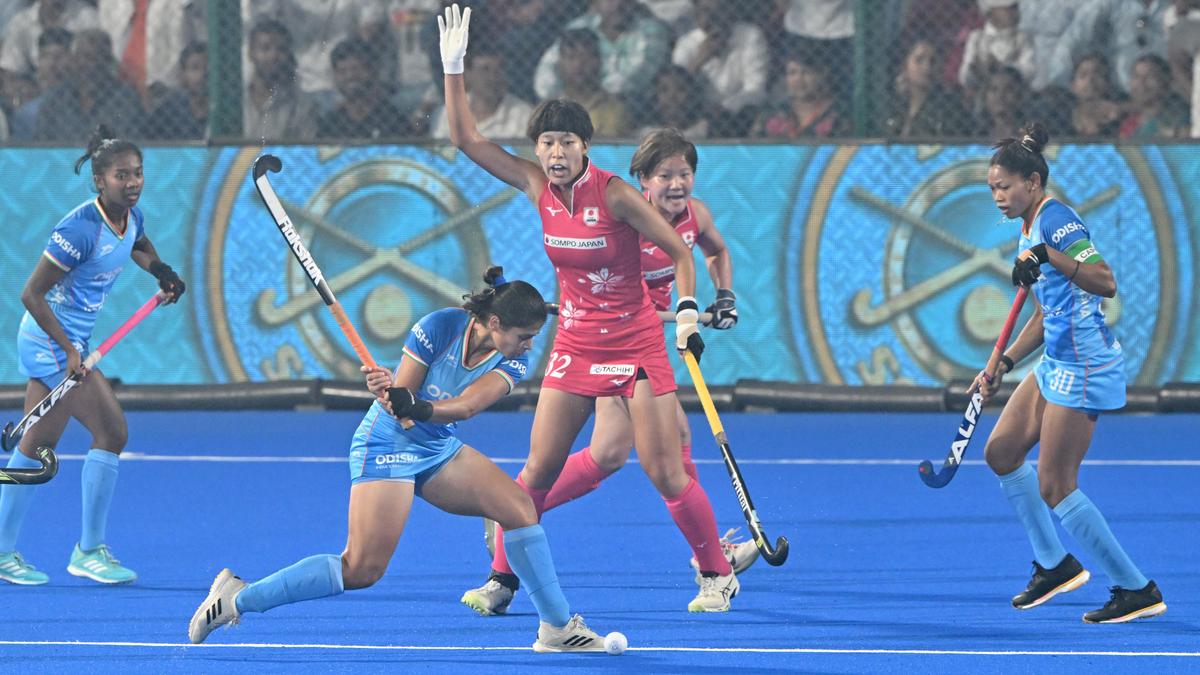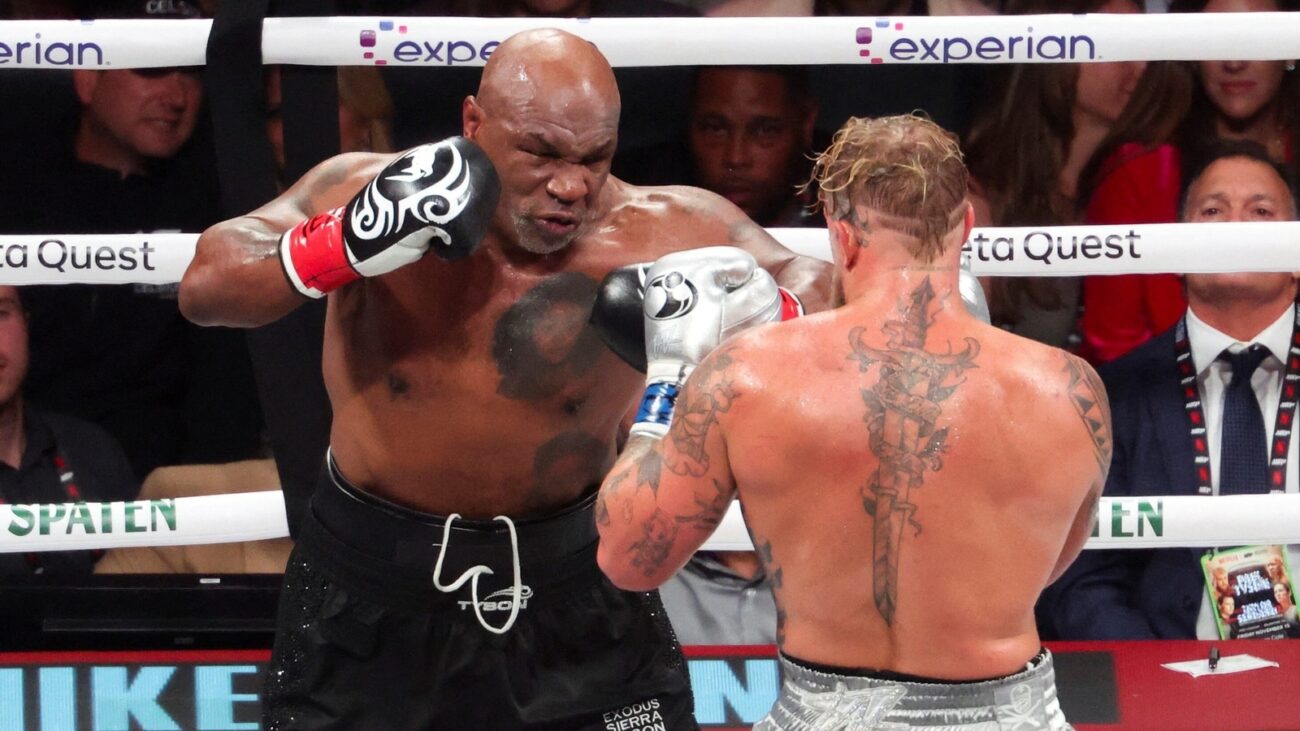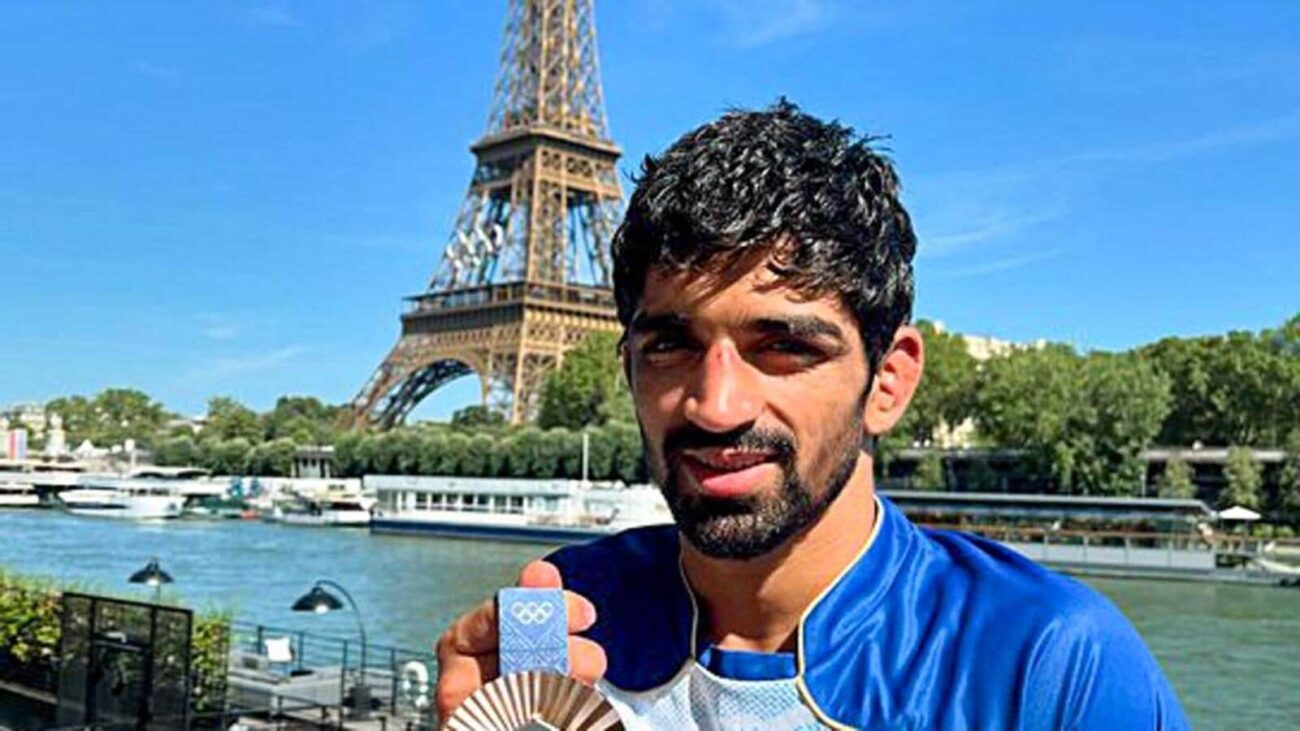The upcoming World Chess Championship match between reigning champion Ding Liren and Indian prodigy D Gukesh has witnessed a significant change in prize fund distribution. In a bid to encourage decisive results and discourage draws, the global chess body FIDE has introduced a new format where players will be rewarded for each classical game they win.
Of the $2.5 million prize fund, $200,000 will be awarded for each classical game victory, with the remaining prize money split equally between the players. This move aims to incentivize aggressive play and reduce the number of drawn games, which have been prevalent in recent title matches.
In last year’s match between Ding and Ian Nepomniachtchi, 11 of the 14 classical games ended in draws. To address this issue, FIDE has also revised the tiebreak format. Instead of the previous four rapid games and two blitz games, the new format features four rapid games (15 minutes plus 10-second increment) followed by two more rapid games (10 minutes plus 5-second increment). If the scores remain tied, a two-minute blitz playoff (3 minutes plus 2-second increment) will be played.
This gradual decrease in time controls is intended to provide a more balanced and exciting tiebreak format. Both players have been consulted and have agreed to the new format.
While Gukesh excels in classical chess, Ding holds a higher ranking in rapid chess. However, Gukesh’s recent performance in the Candidates Tournament has demonstrated his ability to perform under pressure.
The match will be a test of both players’ skills and resilience. Ding will be aiming to defend his title, while Gukesh will be looking to make history as the youngest World Chess Champion. The new prize fund distribution and tiebreak format are expected to add an extra layer of excitement and unpredictability to the match.






